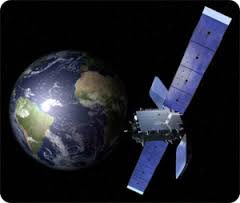
Research into the cosmos has always proved an interesting subject, both for researchers and for ordinary people, albeit for different reasons. However, with the passing of time, it has become clear that researching the subject of space involves a lot more than just wanting to find out about it and to understand such questions as the origin of the universe. However, space research is becoming increasingly fundamental to our understanding of many phenomena in the fields of physics, chemistry and biology. Likewise, everything to do with developing new technologies is proving crucial for many of the breakthroughs that are subsequently used to enhance the progress and general well-being of humanity. This is why the space industry is becoming one of the most important fields for technological innovation, and why it is having an increasing impact on the economic activities of the most advanced countries.
In this series of lectures, the Institute of Space Science of CSIC (ICE-CSIC) will be presenting some of the most notable research studies in which it is currently involved. The ICE-CSIC — one of the organisations that forms the Institute of Space Studies of Catalonia (IEEC), and which features collaboration from the Generalitat of Catalonia and the Barcelona universities the UB, the UAB and the Politécnica — has the principal objective of promoting research studies on the cosmos, by helping to improve our science and technology system’s scientific and technological capacities, and by participating in leading international space projects and missions such as LISA Pathfinder, funded by the European Space Agency (ESA), or its USA counterpart NASA. The main research areas of the ICE-CSIC are astrophysics and planetary science, physics and cosmology, in addition to advanced engineering.
Cycle: SCIENCE ON MONDAY: The Universe as seen by satellites
Organized by: Residence for Researchers, the Institute of Space Science of CSIC (ICE-CSIC), the Institute of Space Studies of Catalonia (IEEC), CSIC Delegation in Catalonia